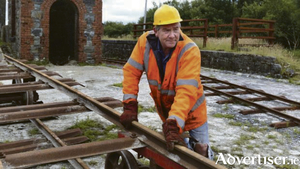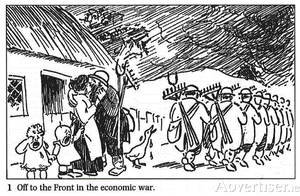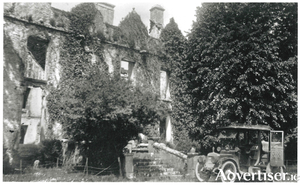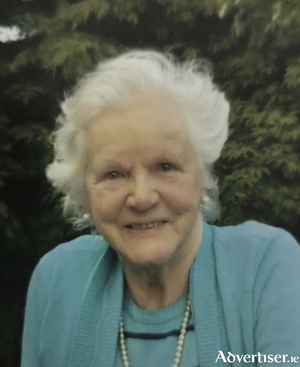Search Results for 'Brigid Kavanagh'
4 results found.
Clifden railway - An outstanding engineering accomplishment

Pádraig Pearse’s first visit to Connemara was in 1903, when he was 24 years of age. He was sent there by Conrad na Gaeilge, a nation-wide Irish language movement, then gaining momentum year after year, to examine a group of young teachers from the Ros Muc area, to see if they were fit to teach Irish. When this young romantic man, already with an image of an ‘Irish Ireland’ in his mind, stepped from the train at Maam Cross station, he had a life-changing realisation that this was ‘a little Gaelic kingdom of its own’.
Churchill lost patience, and simply turned off the tap

Because most people in Brigid Kavanagh’s farming community near Strokestown, Co Roscommon, did not have a radio in September 1939, no one knew that war was declared between Britain and Germany until some time later.
May Sundays in Menlo

“Boats from the Long Walk as well as the Boraholla boats were plying, and the shouting of the boatmen 'Who’s for Menlo, twopence a head, children free' rent the air …. It is a slow voyage but no-one minds. Joe Banks, piper to the King plays ‘The Rakes of Mallow'. Joe Kelly is piping in another boat, which is occupied by the Mayor of Galway …… Sweet vendors were working night and day preparing sugar-sticks and kiss-pipes which were sold in colours of red and white at a half-penny each ….. the cries of different vendors of eatables and drinks rent the air: ‘Cider a penny a glass …. The real juice of the American apple; Guinness threepence per pint and minerals twopence per bottle’ is the shout …… Puritans and temperance fanatics were unknown …. The ladies in the enclosure, which was at this side of the castle, with their sunshades and costumes of mid-Victorian days, looked beautiful. The villagers and colleens with their shoulder-shawls and neat pinafores were a picture of neatness and comeliness. They were all dressed — not undressed as they are today. Lady Blake hands the prizes and cups to the successful crews. The Miss Blakes are chatting in good old Irish to Maureen, Shawneen and Paudeen.”
Finding love in Ireland in the nineteen thirties and forties

The lot of a country girl growing up in rural Ireland in the 1930s and 40s was a lottery. If her family had a decent farm, and were relatively well off, she could go to university or train as a nurse, and could marry a prosperous farmer.

